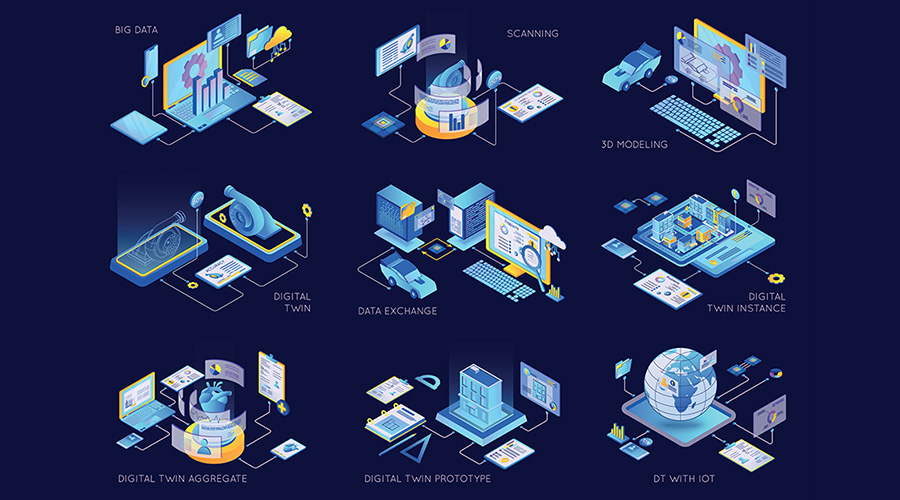It’s All About You
 The maintenance manager was clearly not pleased with his CMMS vendor, and he had good reason. Mere months after his organization purchased the software, the company was nowhere to be found. All of the manager’s phone calls went unanswered, and e-mails bounced back. Eventually, after a laborious search, he located the company again. It turns out the CMMS vendor had been bought and sold several times, resulting in changed offices, phone numbers and e-mails.
The maintenance manager was clearly not pleased with his CMMS vendor, and he had good reason. Mere months after his organization purchased the software, the company was nowhere to be found. All of the manager’s phone calls went unanswered, and e-mails bounced back. Eventually, after a laborious search, he located the company again. It turns out the CMMS vendor had been bought and sold several times, resulting in changed offices, phone numbers and e-mails.
In the mean time, who do you suppose had to answer questions about using the CMMS, as well as field complaints about its shortcomings? That’s right. The maintenance manager.
Our Specifier Perspectives cover article this month, “CMMS: What You Need,” discusses the process most managers go through at one time or another in their careers — specifying, installing and using a new CMMS. Generally, this process involves a large number of people in an organization, given the growing need these days for different areas of facilities to share data. It’s not unusual for facility executives, as well as representatives from purchasing and accounting, to take part in the process.
Also, many managers call on other interested parties for feedback on a CMMS they might purchase. For example, maintenance technicians often sit in on vendor demonstrations of the system to give feedback, and peers in other facilities are consulted for comments on how the CMMS has performed for them and their organizations.
In short, the process of specifying a CMMS usually involves many voices who offer a great deal of both advice and insight.
But, ultimately, when the system goes live, it is the maintenance manager whose reputation and image within the organization are on the line. It is the manager’s phone that rings with compliments and complaints, and it’s the manager who will have to explain the decision to purchase a particular CMMS.
Certainly, managers would be wise to be as inclusive as possible when it comes to preparing the request for proposal (RFP) for a CMMS. One manager faxed me his organization’s RFP, which totaled 68 pages. He says his department purposely included nearly every request anybody made for a new CMMS, just to be safe.
That’s probably a wise strategy, especially if it’s accompanied by the realization that it is the maintenance manager who will be held responsible for the software’s performance.
Related Topics:








 The maintenance manager was clearly not pleased with his CMMS vendor, and he had good reason. Mere months after his organization purchased the software, the company was nowhere to be found. All of the manager’s phone calls went unanswered, and e-mails bounced back. Eventually, after a laborious search, he located the company again. It turns out the CMMS vendor had been bought and sold several times, resulting in changed offices, phone numbers and e-mails.
The maintenance manager was clearly not pleased with his CMMS vendor, and he had good reason. Mere months after his organization purchased the software, the company was nowhere to be found. All of the manager’s phone calls went unanswered, and e-mails bounced back. Eventually, after a laborious search, he located the company again. It turns out the CMMS vendor had been bought and sold several times, resulting in changed offices, phone numbers and e-mails.



